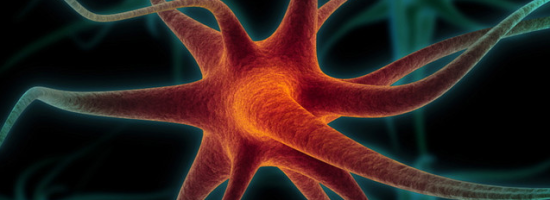PQQ

PQQ – Pyrroloquinoline Quinone signals the cells to create more mitochondria, a process called mitochondrial biogenesis. Generally the only known ways to increase mitochondria are severe calorie restriction or intense cardiovascular training. The mitochondria are the energy powerhouses of the cells. Mitochondrial dysfunction is a key biomarker of aging. Practically all degenerative diseases are linked to defective mitochondria, including type 2 diabetes, heart failure, Alzheimer’s, and cancer. Some of its hallmarks are the ability to lower blood glucose levels as well as to improve oxygen metabolism.
The mitochondria are the only cellular component other than the nucleus that has its own DNA, which gives it the ability to replicate and increase its numbers inside cells. Unlike cellular DNA, mitochondrial DNA has few defenses against free radicals, are dependent upon antioxidants for protection. PQQ is a very potent antioxidant.
One popular biological theory today based on animal research is that the mitochondria, both number and quality determine longevity. In one study researchers looked at the muscle tissue of a 90 year old man and found 95% of the mitochondria were damaged. The two most mitochondrial rich organs are the brain and the heart. PQQ promises renewal for both these organs which has enormous implications for longevity as well as quality of life.
It also beneficially interacts with neurotransmitters by modulating the NMDA receptor site. The NMDA site is the mechanism that overstimulates neurons and is implicated in seizures as well as many neurodegenerative diseases. It has a neuroprotective effect including mitigating the effects of mercury as well as oxidopamine, which is used to induce Parkinson’s Disease in test animals. PQQ also has been shown to promote memory, cognition, and attention in both animals and humans. It stimulates both the production and the release of nerve growth factor, which has a beneficial affect in healing herpes simplex infections, as well as renewing and organizing the brain.
PQQ is also very useful in both strokes and heart attacks. Researchers at UC San Francisco showed the PQQ is a superior treatment post MI (Myocardial Infarction) than the standard clinical pharmaceutical metoprolol. In animal studies giving PQQ just prior to inducing strokes significantly reduces the amount of brain damage.
PQQ is found throughout the plant kingdom as well as in human milk. People are not capable of synthesizing it, leading some to call it a new vitamin. Some would place in the B vitamin family. Others believe that we should adhere to the original standard of only giving vitamin status when the deprivation of that nutrient will lead directly to a specific disease, like Vitamin C and scurvy.
About a third of our patients that we given PQQ to have had enormous improvements of energy. We have seen pronounced results in cardiac cases, as well as in advanced HCV cases. A typical comment has been ‘I haven’t had this much energy in a long, long time’.
